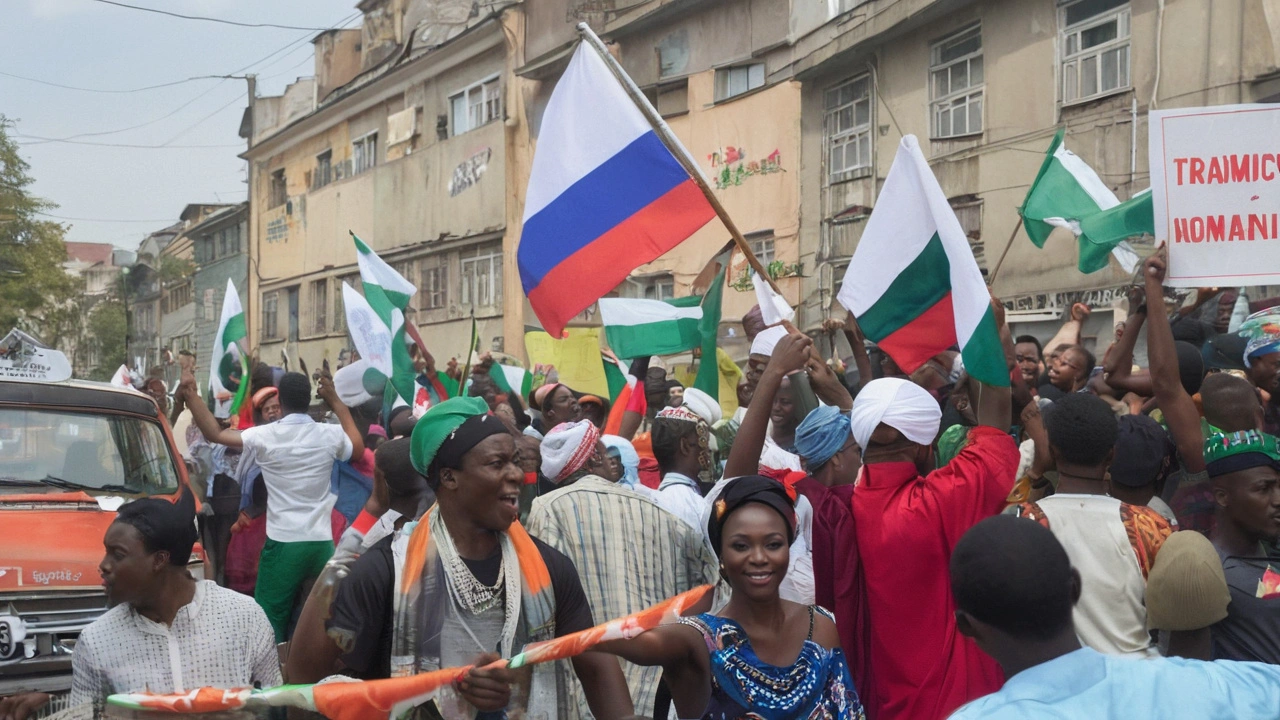Geopolitical Tensions Shaping Africa Today
If you follow African news, you know tension is never far away. From contested fields in Kenya to high‑profile police resignations, the continent’s politics are a mix of local fights and regional ripple effects. Below we break down what’s happening right now, why it matters for everyday people, and how these stories could change the bigger picture.
Land Disputes and Security Risks
One flashpoint is the Upper and Lower Eastern Kenya region where land ownership battles are turning into security concerns. Senator Kipchumba Murkomen warned that illegal occupation and organized squatting threaten stability. He’s calling for tighter coordination among government agencies, pointing to the Okongo Taskforce as a possible solution.
Why should you care? When families lose land or face forced eviction, they often resort to protests that can turn violent. That adds pressure on local police and stretches already thin security resources. In practice, it means more checkpoints, curfews, and sometimes even displacement of entire villages.
Police Conduct and Public Trust
Another story making headlines is the resignation of Deputy Inspector General Eliud Lagat after blogger Albert Ojwang died while in custody. The case sparked national outrage because Ojwang had accused Lagat of corruption before his arrest. With the D.I.G stepping down, citizens are demanding a full, independent investigation.
The fallout highlights a deeper issue: trust in law enforcement is eroding across many African nations. When people feel police act above the law, protests grow louder and sometimes turn into broader calls for reform. For everyday readers, this could mean changes to how arrests are handled, more body‑cam deployments, or even new legislation aimed at protecting whistleblowers.
Both land disputes and police scandals share a common thread – they feed into larger regional tensions. Neighboring countries watch these events closely because spillovers can affect cross‑border trade, refugee flows, and diplomatic relations.
So what can you do? Stay informed by checking reliable local sources daily. If you’re part of a community organization, push for transparent investigations and demand that officials publish progress reports. Social media can amplify your voice, but always verify facts before sharing to avoid adding noise.
In the next few weeks we expect more updates on these stories as government bodies respond. Keep an eye out for statements from the Ministry of Interior about land reform policies and any judicial outcomes linked to the Ojwang case. These developments will shape how quickly tensions ease or intensify.
Bottom line: Africa’s geopolitical landscape is a patchwork of local disputes that can spark bigger regional shifts. Understanding each piece helps you see the whole picture, whether you’re a student, entrepreneur, or just someone who wants to stay ahead of the news cycle.
Nigerians' Display of Russian Flag Causes National Uproar as Government Labels It Treason
A group of Nigerians waving the Russian flag has sparked controversy, with the Nigerian government condemning the act as treasonable. This incident highlights the complexities of international relations and the importance of national loyalty. Political analysts and legal experts discuss the broader implications.
READ MORE
